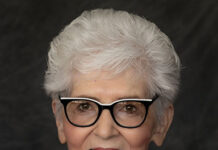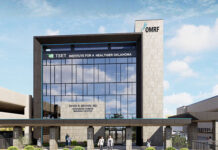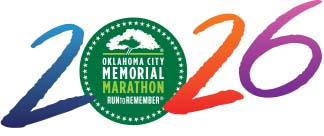The growing demand for senior care specialists is opening new doors for both caregivers and seniors alike. From flexible education options to enhanced care quality, healthcare professionals are increasingly choosing to specialize in senior care – a trend that’s revolutionizing care delivery for our aging population.
As America’s senior population continues to grow, the need for specialized healthcare professionals has never been more crucial. This shifting demographic has sparked a revolution in healthcare education, particularly in programs focused on geriatric care. The intersection of technology and education is opening doors for both experienced healthcare workers and those looking to enter the field, while simultaneously improving the quality of care for seniors.
The Evolution of Senior Care Education
The landscape of healthcare education has transformed dramatically over the past decade. With the emergence of online AGNP programs and other specialized nursing degrees, healthcare professionals can now advance their careers while maintaining their current positions.
This flexibility has led to a surge in qualified practitioners who better understand the unique needs of older adults, resulting in more comprehensive and empathetic care delivery. The integration of modern learning methods with traditional healthcare principles has created a new standard in professional education, enabling practitioners to develop specialized skills while maintaining work-life balance.
Technology: Breaking Down Barriers to Education
Modern educational platforms have revolutionized how healthcare professionals learn and interact with course material. Virtual simulations, interactive case studies and real-time collaboration tools enable students to gain practical experience while studying remotely. These technological advancements have made quality education more accessible than ever before, particularly for those in rural areas or with demanding work schedules.
Through sophisticated learning management systems and virtual classrooms, students can engage with instructors and peers, participate in group discussions and access comprehensive learning resources at their convenience. This technological integration ensures graduates are well-prepared to handle the complexities of senior care.
The Impact on Senior Care Quality
The rise in specialized education programs has directly influenced the quality of care received by seniors. Healthcare professionals with advanced training in geriatrics demonstrate better understanding of age-related conditions, medication management and the importance of holistic care approaches.
These specialists are equipped to recognize subtle changes in health status and implement preventive measures before conditions worsen. Their expertise extends to managing complex medical conditions while considering the psychological and social aspects of aging. This comprehensive knowledge allows them to develop more effective treatment plans, resulting in improved health outcomes and enhanced quality of life for elderly patients.
Creating Stronger Support Networks
Education extends beyond clinical skills to encompass family dynamics and community resources. Today’s healthcare professionals learn to navigate complex family situations, coordinate with various care providers and connect seniors with valuable community services. They develop expertise in facilitating family meetings, mediating conflicts and helping families make difficult decisions about care options.
These professionals also build strong relationships with local support services, creating comprehensive care networks that address both medical and social needs. This integrated approach ensures seniors receive well-rounded support that considers their physical health, emotional well-being and social connections.
Empowering Caregivers Through Knowledge
Professional development opportunities have become increasingly accessible to family caregivers. Educational institutions now offer certificates and workshops designed specifically for non-professional caregivers, helping them understand senior health needs and access available resources. These programs cover essential topics such as safety measures, basic medical care, stress management and self-care strategies.
Caregivers learn to recognize warning signs of common health issues, implement preventive measures and effectively communicate with healthcare providers. This knowledge-sharing strengthens the entire care ecosystem, reducing caregiver burnout and improving the quality of care provided to seniors.
Building Bridges Between Generations
The focus on geriatric education has fostered greater understanding between generations. Healthcare professionals are learning to appreciate the wisdom and experiences of their elderly patients, while seniors benefit from caregivers who are better equipped to address their unique needs. This mutual understanding creates stronger bonds and more effective care relationships.
Educational programs now emphasize cultural competency and intergenerational communication, helping practitioners bridge potential gaps in understanding. These strengthened connections lead to better compliance with treatment plans, increased trust in healthcare providers and more positive outcomes for seniors receiving care.
A Future of Enhanced Senior Care
As educational programs continue to evolve and adapt to changing healthcare needs, the future of senior care looks increasingly promising. The combination of specialized knowledge, technological advancement and improved accessibility to education is creating a new generation of healthcare professionals who are passionate about and dedicated to providing exceptional care for our aging population.














